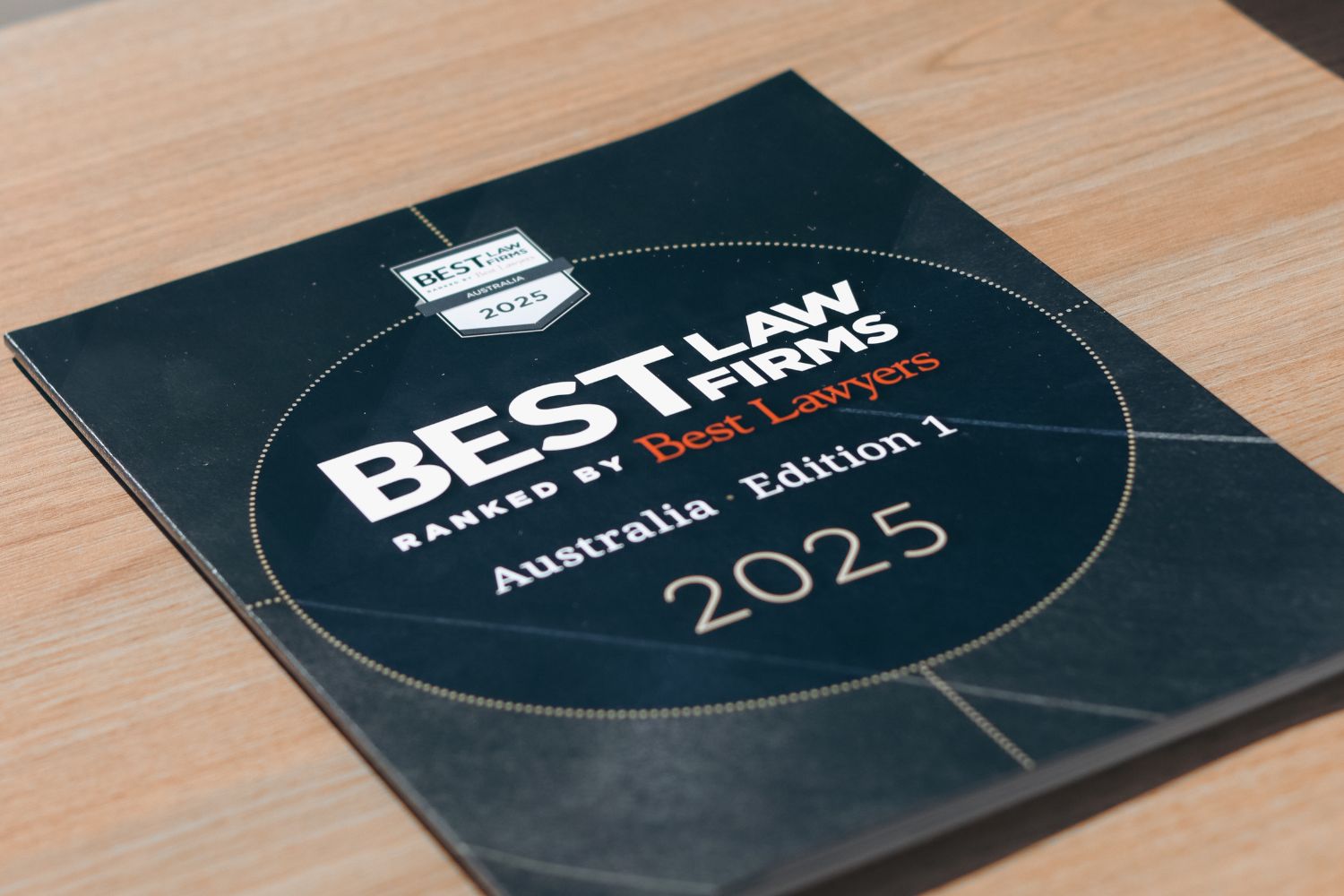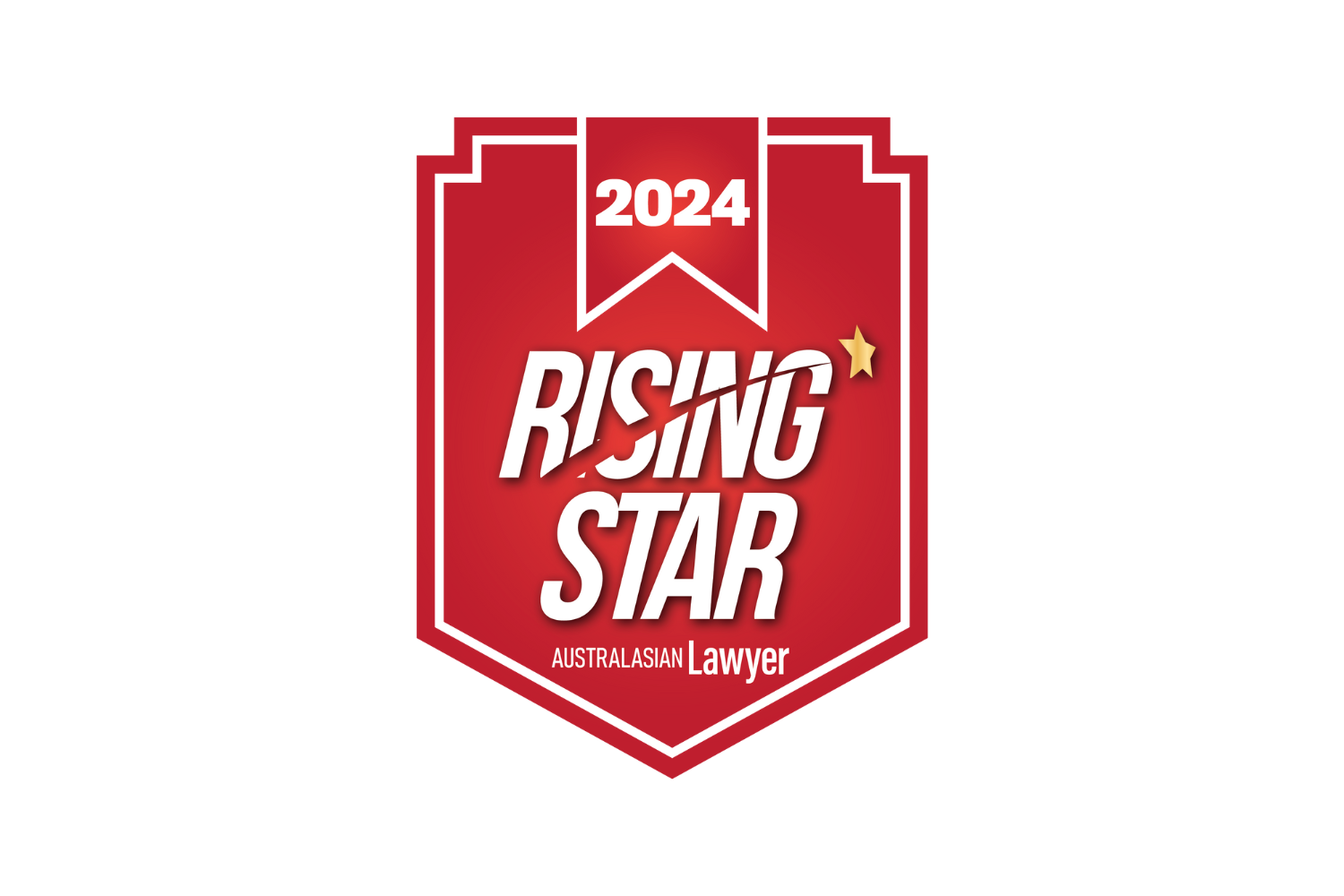A perennial question for clients is this, ‘How do I resolve my dispute faster?’ The primary mechanism for that, in a litigation context, is invariably the mediation. Often, we look to mediation as the forum in which we will be able to give air to our version of events, reason with our opponent, and achieve a suitable outcome without having to delve further into the process.
The underlying and long standing premise is that mediation works because it brings people together, face to face, to hash out a solution. Sometimes, this is enough.
Recently however, the virtual environment has changed the complexion of mediation. We don’t have the closeness that often brings the emotional charge encouraging us to end the dispute in mediation.
With a reduced emotional influence, we’re seeing a much greater importance on the substance behind our arguments, evidence and reasoning. It means that now, more than ever, we need to do more than just turn up to the mediation and expect things to resolve.
The perception of mediation as an effective forum for debate and early resolution is not misplaced, but our dependence on it can often be flawed for at least two reasons:
First, mediation is not where the hard work is done
Mediation is where we should be having rational conversations about the body of material, the issues in dispute, the risks associated with proceeding to trial, and thus the conditions for a commercial resolution.
But if the work underpinning these conversations hasn’t been done, we cannot possibly be making an informed decision about what is an appropriate resolution. Any decision about an early resolution ought to be based on a range of factors – an informed assessment of the risks associated with proceeding to trial, the investment of time and money required if the matter does not resolve, what kind of outcome is considered a win, and other commercial factors such as a need to maintain an ongoing relationship. Without considering these things, any proposed settlements are a series of guesses, stabbing in the dark as we respond to what is happening in front of us.
Second, we see mediation as the only opportunity to resolve a dispute early
From a procedural point of view, we are too often being locked into thinking that the only real point to settle is at mediation, or just before the trial stage. This prejudice perhaps relaxes us into believing that if a settlement is possible, the mediation will allow it to happen.
Then, if the mediation doesn’t achieve an outcome, we reflect on the information it delivered and trudge ahead with the process, waiting for the next milestone to force another re–evaluation. We too often overlook the fact that we have an ongoing opportunity to assess and review our ability to get the outcome we originally set out to achieve.
But if we do understand mediation is the primary opportunity to achieve a timely outcome, how can we best prepare for it?
1. Understand the body of material
You shouldn’t be going into mediation until you have a sense of the body of material that would be drawn on if the matter is to go to trial. You shouldn’t be going into mediation without knowing where the other side is going to draw their documents from, what other evidence will be available, and how it might be sourced. This enables you to better assess and appreciate the risks of proceeding to trial and therefore what may be an appropriate resolution.
There are two sides to this investigation. Preparing for mediation requires you to prepare yourself as well as the other side for a meaningful conversation. We want the other side to be aware of the information we have so that everyone is well placed to understand the opportunity that the mediation presents: to act on that information. Negotiation, and therefore resolution, is enriched by sharing information. It is suffocated by withholding it.
2. Understand the arguments and how they will be placed
Consolidate your understanding of the key issues and the arguments that are critical to resolving them. Don’t go into a mediation if you don’t have a clear understanding about the way your position is put, or the way it is going to be put against you. You ought to take steps to try and resolve those arguments before you get to mediation. The time to do this work is not at the mediation table, or currently, at the mediation screen.
If you’re going into a mediation and the other side has made an allegation – and it is not entirely clear to you how they will prove it – you should try and take steps to inform yourself about it before you arrive.
3. Self–test
Try and falsify your position. Start by making an assumption that your claim will fail. Then go forward by reasoning through the path of why you lost. This will enable you to see: have I addressed everything on this path?
This is important because we all have a tendency to verify the strengths of our own position, though we don’t do the same for the other side. In our heads, we reason that because we have been wronged, we will have a supportable claim with great evidence. What we don’t tend to do is systemically check against our own unconscious confirmation bias.
With the arguments and the evidence that are available, ask: Where will this go wrong? What am I missing? Can I falsify what I believe is true? How could my version of events be interpreted? What evidence would make things clearer? What evidence might the other side have that is more substantial?
And if the mediation doesn’t yield a resolution…
The sheer fact that a dispute doesn’t resolve in mediation is not necessarily a bad thing. It might mean that the other party wasn’t prepared to make the kind of compromise you considered to be appropriate for the risks associated with proceeding. But it is a bad thing if there is something about the quality of that interaction that is impeding what would otherwise be the ability to find a commercial resolution.
If you would like to discuss the process for the timely resolution of your commercial dispute, contact Aptum.




